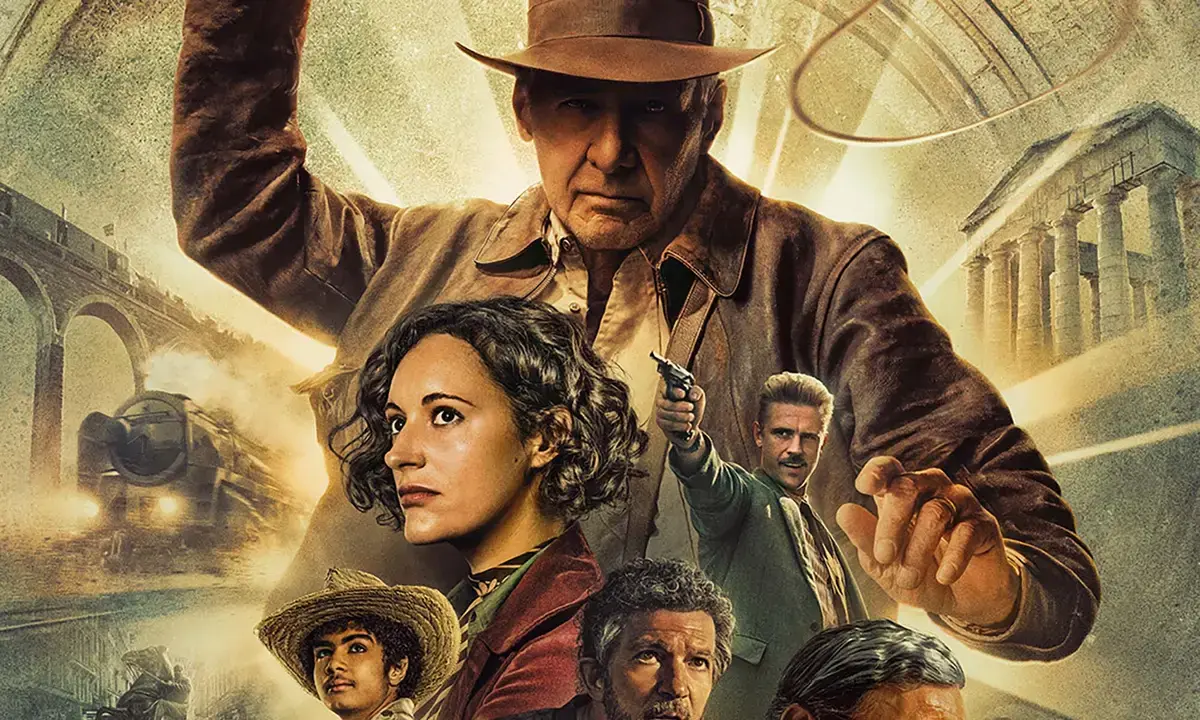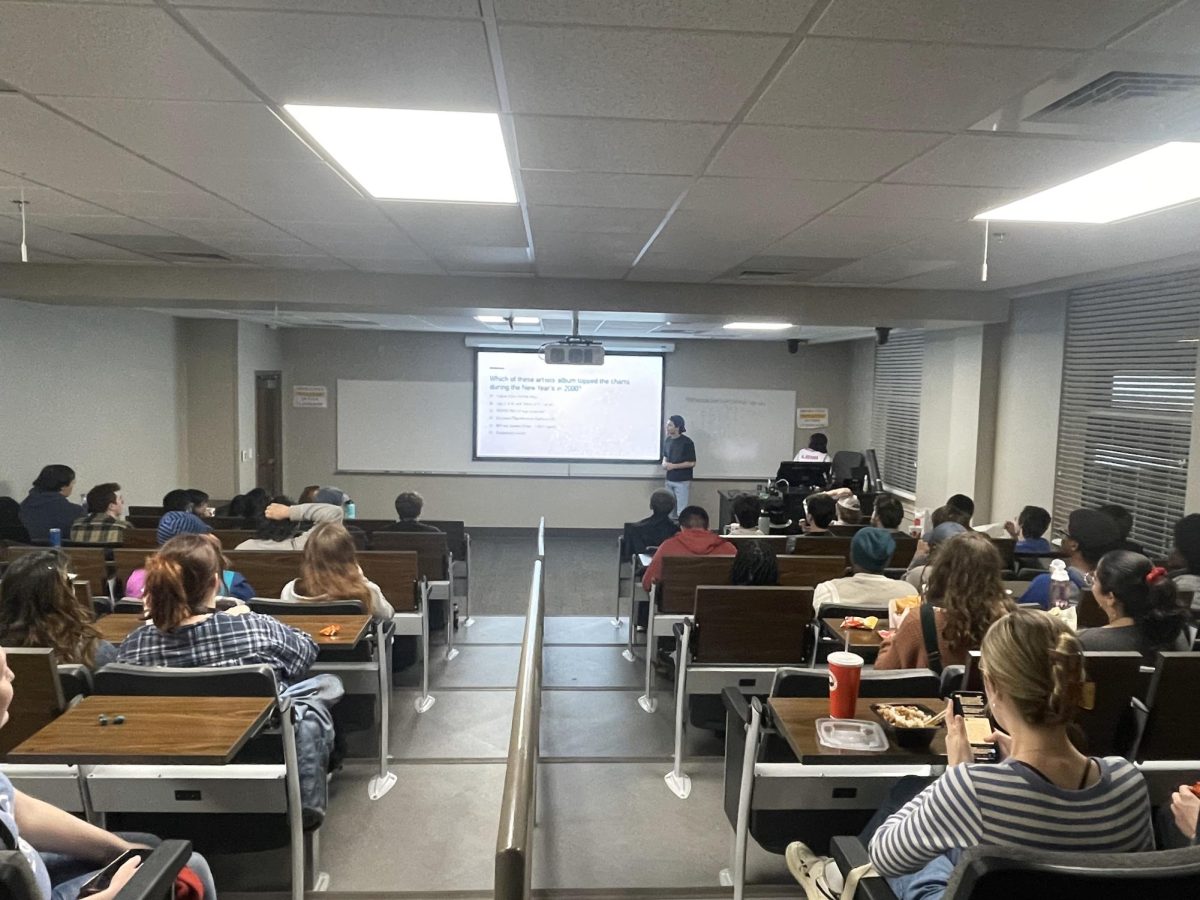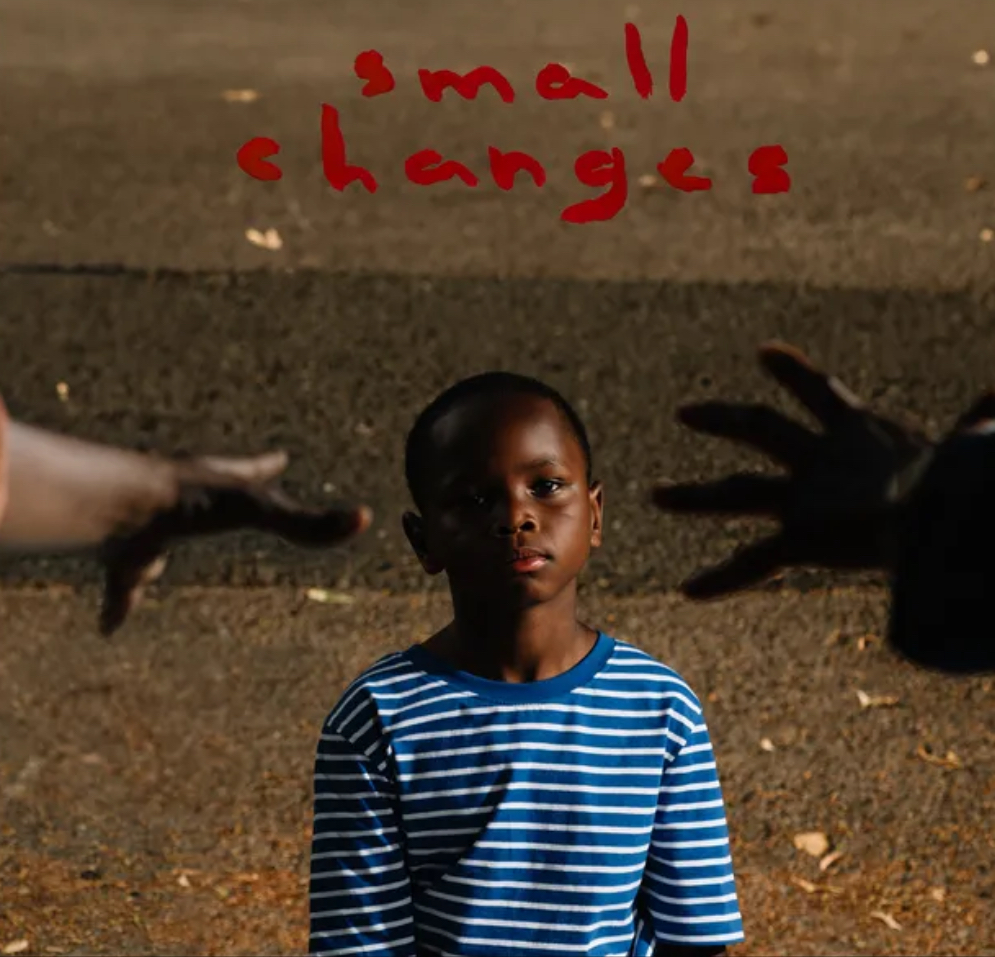Before the release of “Indiana Jones and the Dial of Destiny” on June 30, few movies had been as conflicting, as difficult to form a cohesive opinion of, or as demanding of several days to corral one’s thoughts.
The newest Indiana Jones flick’s reception of 69% critics’ rating on Rotten Tomatoes, 6.9/10 on IMDb and 3.1/5 on Letterboxd can hardly reflect this dynamic. Such scores frame the movie as somewhere in the range of slightly above average.
While this may be a valid endpoint, it fails to encapsulate the hot-and-cold nature of the film as a whole.
“Dial of Destiny” begins in classic Indiana Jones fashion, depicting a younger version of the hero chasing after the ancient Holy Lance of Longinus and doing so in a retreating Nazi military base on the verge of Allied takeover at the end of World War II in Europe. Complete with enthralling action, unbelievable set pieces and gratifying flares of the immortalized Indiana Jones theme, the opening scene is among the film’s best. It sets the story in motion by introducing Archimedes’ Dial, the titular ancient relic that is supposedly capable of locating navigable fissures in time.
From there, the story continues again in a manner signature to the four previous films in the franchise, sprawling across cities, countries and continents while offering an array of colorful side characters and seemingly inescapable perils. The movie earns every second of its two-and-a-half-hour runtime.
It unfortunately often fails to live up to the thrills and subtle charms that have led to such wide adoration for the other Indiana Jones outings. Steven Spielberg’s cheflike ability to deliver a product that is visually precise and evenly cooked is notably missing.
While James Mangold is a highly talented director, the script and auxiliary pieces he’s given prove to be an uphill battle. Though the writing boasts a lot of intriguing historical discussion and engaging exposition, it fills in the gaps with eyeroll-inducing quips and on-the-nose callbacks to other movies. The cinematography is bland and often a bit artificialized by the movie’s abundance of computer-generated imagery.
It is undeniable that the film suffers from the lack of necessity and inevitable dip in quality seen in many modern sequels to classic films. Where it deviates from those shortcomings, however, is in its boldness.
While not necessarily on the same classic level of “Raiders of the Lost Ark,” it is well worth seeing on the big screen without any prior knowledge. “Dial of Destiny” is wild. It bears flaws, but it is never boring, truly swinging for the fences when telling its story.
The third act is especially bonkers. Indiana Jones movies have long been known for beginning somewhat grounded, slowly pushing the audience’s suspension of disbelief and then closing with a climax that defies reality while remaining satisfactory. “Dial of Destiny” takes this formula to its furthest extent, and its finale is so unashamedly off-the-rails that it puts the previous films’ unbelievability to shame.
Put together with the up-and-down quality of the movie’s first two hours, it makes for a difficult judging experience. There is something of a gloriousness, a unique beauty to all the finale’s chaos; nonetheless, what comes before is still mellow. As the credits roll and the lovely theme song takes over, one is left wondering if the movie was great or disappointing, a thrillingly triumphant close to the series or a messy anticlimax.
The fact of the matter is that to categorize it by either its moments of greatness or its moments of mediocrity would be to rashly ignore the other end of the spectrum. “Dial of Destiny” must be taken as it was given to us.
It is an endearing and exciting farewell that never hesitates to get a little crazy. For all its pleasantness, however, it is hard not to be prevailed by the feeling that the movie is a little hollow inside and that it operates on a lower level than all its Spielbergian counterparts. It’s fun, but it’s no classic. Whether the viewer expects another early-series masterpiece will determine the viewer’s ultimate opinion.









